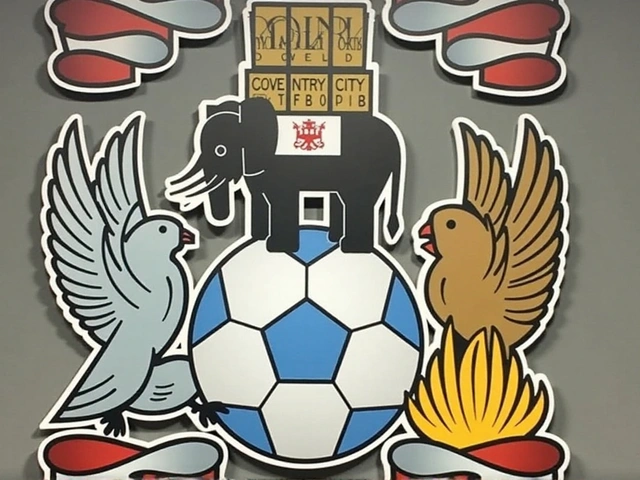What Is Broken Heart Syndrome and Why Does It Matter?
Ever heard of a heartbreak that actually hits your heart? That’s what broken heart syndrome is all about. Also called stress cardiomyopathy or Takotsubo cardiomyopathy, it’s a temporary heart condition triggered by extreme emotional or physical stress. Unlike a typical heart attack caused by blocked arteries, this syndrome happens when sudden stress weakens the heart muscle. It suddenly struggles to pump blood, causing symptoms similar to a heart attack.
This condition mostly affects people under intense stress like the loss of a loved one, a bad argument, or even a surprise scare. It’s surprising but true — your emotions can physically strain your heart. Thankfully, broken heart syndrome usually gets better in days or weeks with proper care.
How Does Stress Hurt Your Heart?
When you’re super stressed, your body releases a flood of stress hormones like adrenaline. This hormone overload can stun your heart muscle, making it temporarily balloon out and lose strength. Imagine your heart as a pump that’s just been squeezed too hard. It can’t work right for a bit, leading to chest pain, shortness of breath, or dizziness.
Doctors often confuse this with a heart attack because the symptoms are so similar. Yet, tests show no permanent artery damage in broken heart syndrome. This means the heart’s blood flow is fine, but the muscle isn’t keeping up due to the shock.
What Should You Do If You Suspect Broken Heart Syndrome?
If you suddenly get chest pain or feel faint after a big shock or stress, don’t wait around — seek medical help immediately. Early diagnosis is key. Doctors run tests like EKGs and heart ultrasounds to spot this condition. Treatment usually focuses on relieving symptoms and protecting the heart while it recovers. They might use medications to reduce workload on your heart and keep blood flowing smoothly.
Besides medical treatment, managing stress is essential. Relaxation techniques, counseling, or simple lifestyle changes can reduce the risk of this happening again. Your heart needs both emotional and physical care to bounce back strong.
So, yes, your heart really listens to your feelings — and knowing how stress affects it can help you protect this vital organ. Next time life throws you a curveball, keep your heart in mind and don’t ignore those warning signs.






